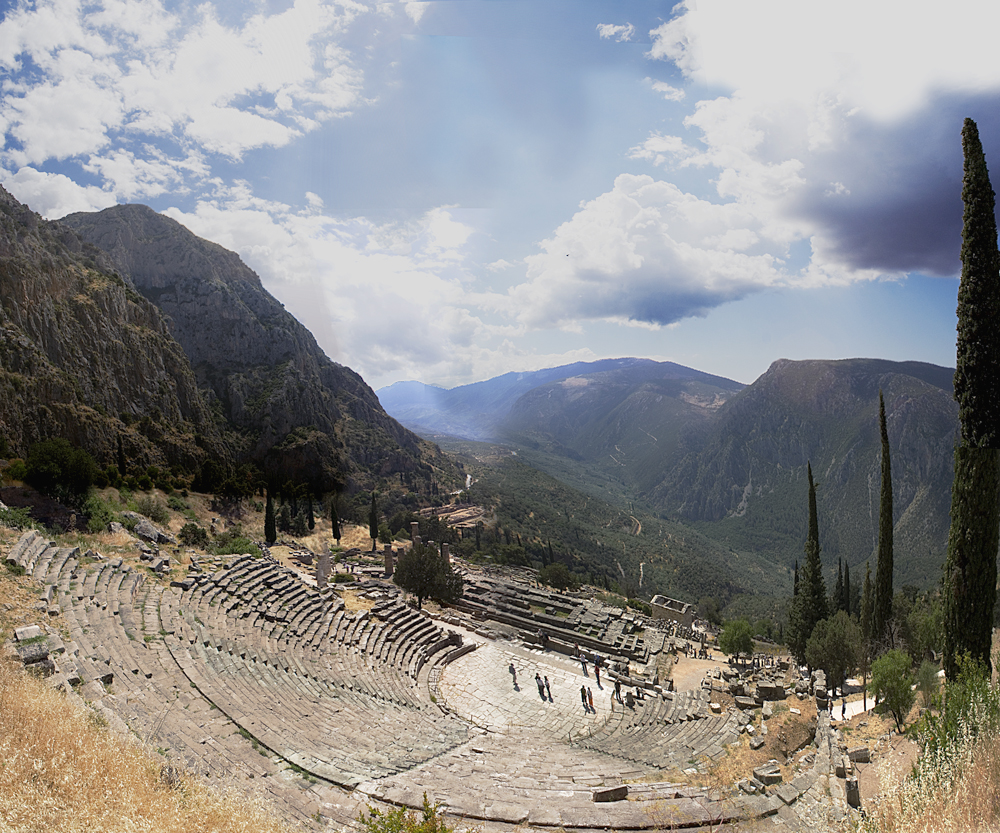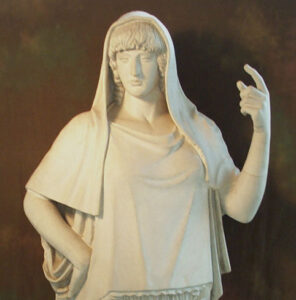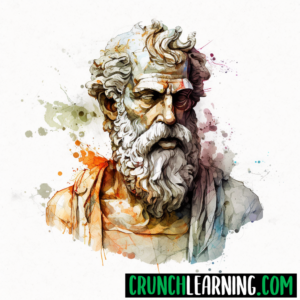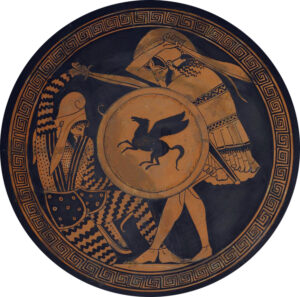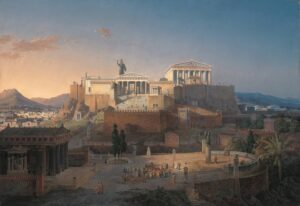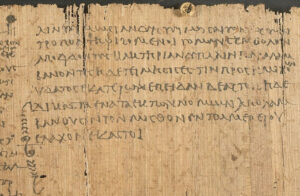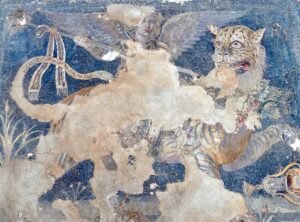Literature and theatre in ancient Greece played an important role in ancient Greek culture and daily life. The ancient Greek civilization has had a profound impact on the Western world, particularly in the areas of literature and theatre. From the epic poems of Homer to the plays of Sophocles and Aristophanes, the Greeks have left a rich legacy of works that continue to influence and inspire artists and scholars to this day.
Literature in Ancient Greece
Literature in ancient Greece is known for its themes of heroism, love, and honor. The ancient Greeks wrote poetry, plays, and philosophical treatises. They also wrote histories and works of science and mathematics. Some of the most famous examples of ancient Greek literature include:
- The Iliad and The Odyssey by Homer: These epic poems are considered the foundation of Western literature and tell the story of the Trojan War and the journey home of Odysseus.
- The Bacchae by Euripides: A tragedy that tells the story of the god Dionysus and his revenge against the city of Thebes.
- The Birds by Aristophanes: A comedy that is notable for its humor, social commentary, and enduring popularity.
- The Histories by Herodotus: The first work of history in Western literature, it tells the story of the Persian Wars.
- The Poetics by Aristotle: The first systematic treatise on literary criticism, it discusses the elements of tragedy and epic poetry.
- The Republic by Plato: A political philosophy that explores the nature of justice and the ideal state.
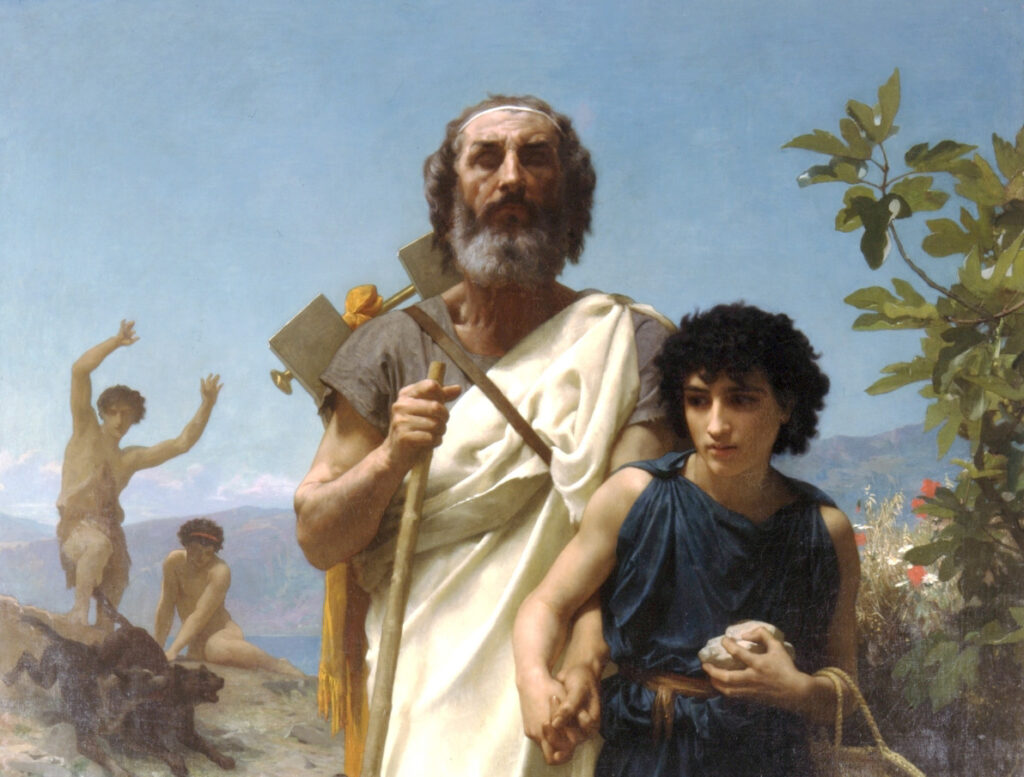
Theatre in Ancient Greece
Theatre in ancient Greece was an important part of ancient Greek culture and was closely tied to ancient Greek religion. The ancient Greeks believed that the gods watched their plays and that the plays were a way to honor the gods. Greek theatre was often used as a way to teach moral lessons and to explore social and political issues.
Theatre in ancient Greece was a central part of community life. Plays were performed in large, open-air amphitheaters, and were attended by citizens of all ages and social classes.
The plays were not just entertainment, but also served as a means of communication and a platform for political and social discourse. The characters in the plays often reflected the values and beliefs of contemporary society, and the plays themselves were often used as a means of commenting on and critiquing current events.
The most famous form of Greek theatre was tragedy, which told stories of human suffering and the struggles of good against evil. Famous Greek tragedies include the plays of Sophocles, such as ‘Oedipus the King’ and ‘Antigone’. Comedy was another important form of Greek theatre. Greek comedies were often satirical and poked fun at politicians and other public figures. Famous Greek comedies include the plays of Aristophanes, such as ‘The Birds’ and ‘The Frogs’.
The theatre of ancient Greece also had a profound impact on the development of Western theatre. The use of chorus, stage design, and characterization in Greek plays continue to influence the way plays are produced and performed to this day.
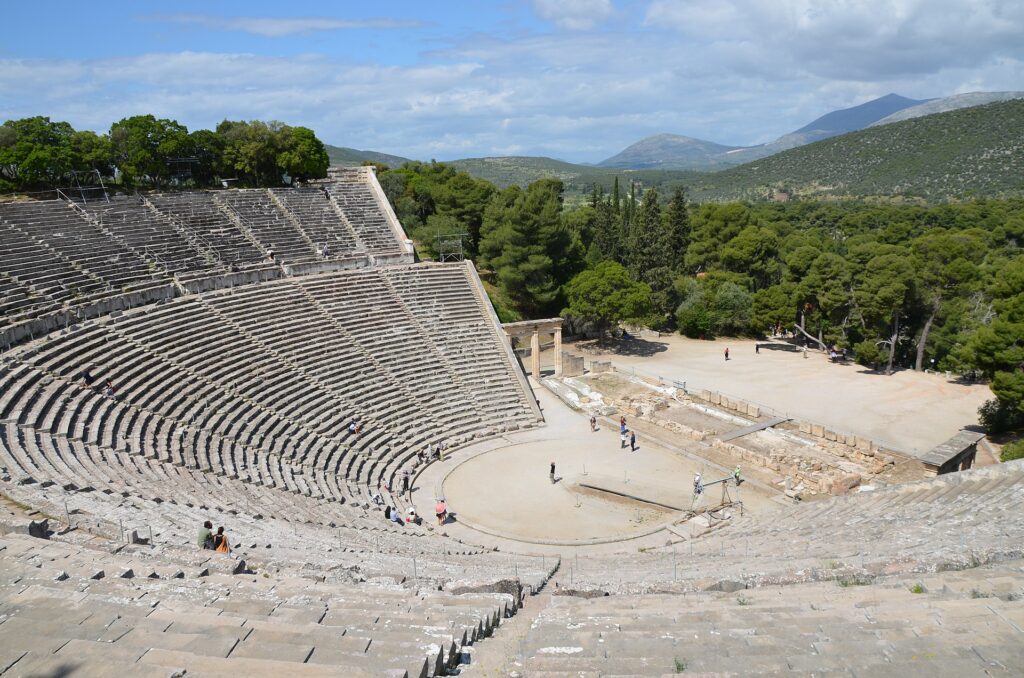
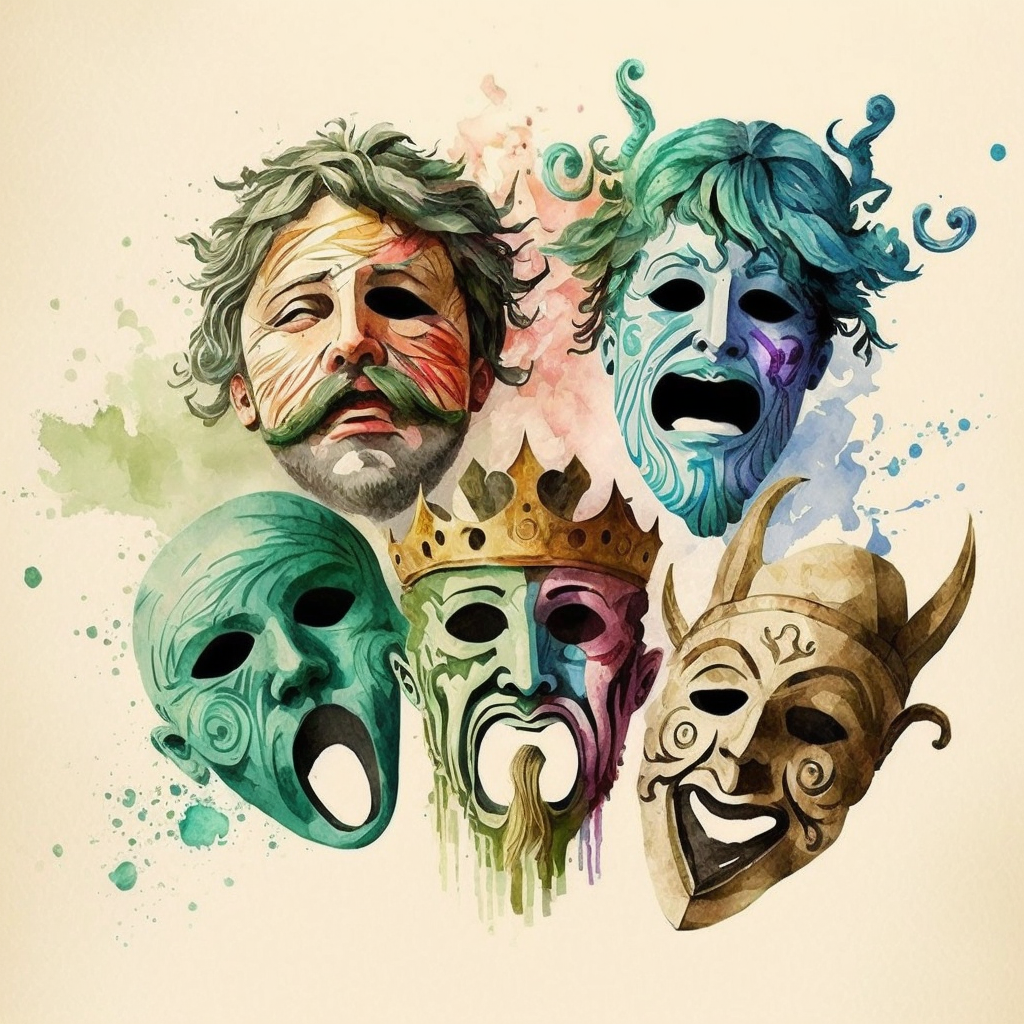
Legacy of Literature and Theatre in Ancient Greece
Literature and theatre in ancient Greece have had a lasting impact on the Western world. The epic poems of Homer and the plays of Sophocles, Aristophanes, and Euripides continue to be widely read and studied, and the legacy of ancient Greek theatre continues to influence the way plays are produced and performed.
The rich and diverse cultural heritage of ancient Greece has left a lasting impression on the world, and the legacy of its literature and theatre continues to inspire artists and scholars to this day.

